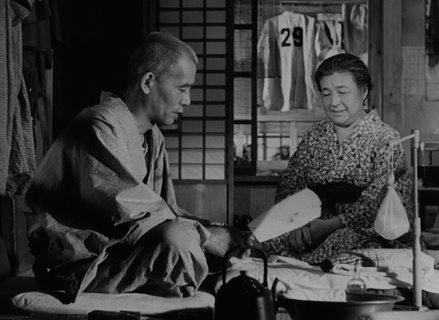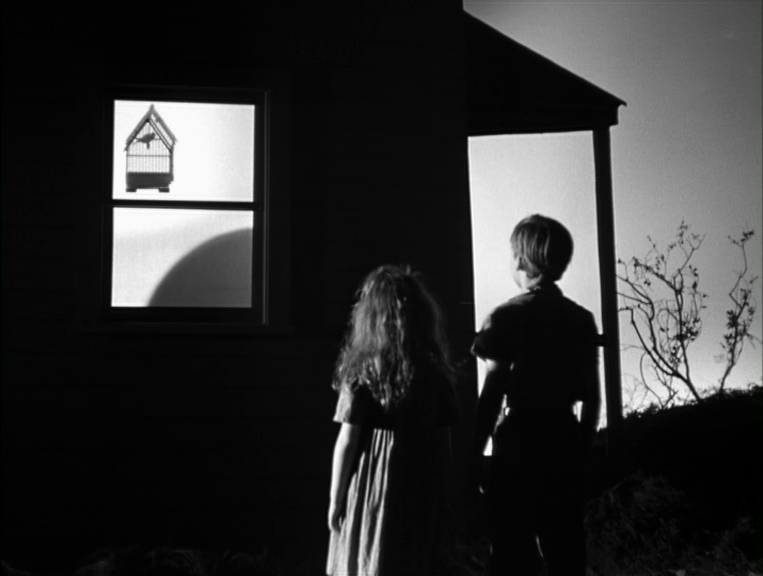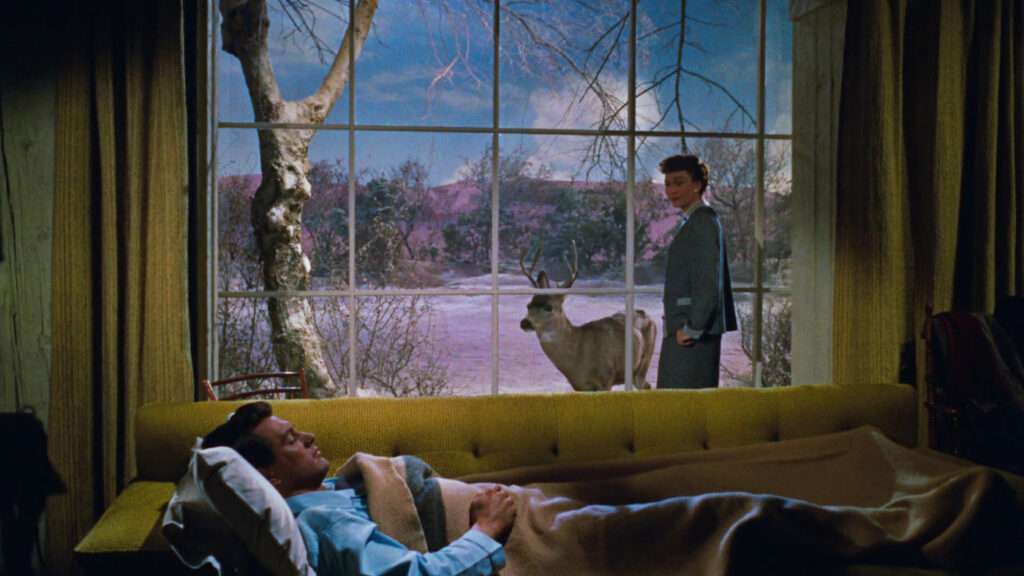Certain films rise above the rest, transcending time and cultural barriers to become universally acclaimed masterpieces. Among these, Yasujirō Ozu’s Tokyo Story (1953) stands tall as a shining example of cinematic brilliance. Widely regarded as one of the greatest films ever made, Tokyo Story effortlessly captures the essence of human relationships, existential themes, and the melancholy of life. This article delves into the reasons why Tokyo Story holds such a revered status, exploring its narrative depth, visual aesthetics, and profound emotional impact. From its subtle storytelling to its timeless themes, Tokyo Story truly deserves its accolades as the best film ever made.
Ozu’s Unique Filmmaking Style
Yasujirō Ozu, known for his distinct directorial style, crafts Tokyo Story with his signature techniques, showcasing his mastery and understanding of human emotions. Ozu’s use of low camera angles, static shots, and the “pillow shots” technique (interstitial shots of everyday life) create a sense of intimacy and contemplation. By employing these techniques, Ozu invites viewers to observe and reflect upon the characters’ lives, fostering a deep connection that resonates long after the film’s end. This film contains what I consider to be the greatest performance of all time by an actor, who happens to be my favorite actor, Chishu Ryu.
Universal Themes
At its core, Tokyo Story explores universal themes such as family dynamics, aging, and the complexities of human relationships. The story follows an elderly couple, Shukichi and Tomi, who embark on a journey to visit their adult children in Tokyo. As they encounter indifference and the busyness of their children’s lives, the film poignantly portrays the inevitable distance that often develops between generations. Through this narrative, Ozu highlights the fleeting nature of life, the importance of familial bonds, and the inherent loneliness that can accompany old age. Tokyo Story’s ability to resonate with audiences across cultures and generations is a testament to its timeless themes.
Subtle Storytelling and Character Development
Tokyo Story’s strength lies in its subtle storytelling, which allows for nuanced character development and emotional depth. Ozu’s minimalist approach emphasizes the power of silence, capturing the unspoken emotions that permeate the film. The characters’ expressions, gestures, and pauses speak volumes, revealing the underlying complexities of their relationships. The film’s slow pace and deliberate rhythm afford the audience the opportunity to fully immerse themselves in the characters’ lives, forging a deep connection that transcends the screen.
Visual Aesthetics and Symbolism
Tokyo Story’s visual aesthetics are a testament to Ozu’s meticulous attention to detail. The film’s composition and framing reflect the Japanese concept of wabi-sabi, embracing the beauty of imperfection and transience. Ozu’s use of static shots allows viewers to appreciate the subtleties of everyday life, while his emphasis on domestic interiors conveys a sense of warmth and familiarity. Symbolism, such as the recurring motif of trains, represents the transient nature of life and the passing of time. These visual elements contribute to the film’s overall aesthetic and enhance its thematic resonance.
Enduring Influence and Legacy
Since its release, Tokyo Story has had a profound influence on filmmakers worldwide, leaving a lasting legacy in the realm of cinema. Its introspective storytelling, understated performances, and profound themes have inspired countless directors, including esteemed figures such as Martin Scorsese and Wim Wenders. Tokyo Story’s universal resonance and timeless appeal have ensured its place in film history, with critics and audiences alike recognizing its importance as a cinematic masterpiece.
Conclusion
Tokyo Story is unquestionably one of the greatest films ever made, standing as a testament to Yasujirō Ozu’s mastery of storytelling and his profound understanding of the human condition. Through its universal themes, subtle storytelling, and visual aesthetics, Tokyo Story captures the essence of life’s complexities, the passage of time, and the profound impact of familial relationships. Ozu’s unique directorial style and his ability to evoke deep emotions in viewers make Tokyo Story a timeless masterpiece that continues to resonate with audiences across cultures and generations. As a film that transcends borders and stands the test of time, Tokyo Story firmly holds its place as the best film ever made, reminding us of the power of cinema to touch our hearts and illuminate the beauty and fragility of the human experience.




